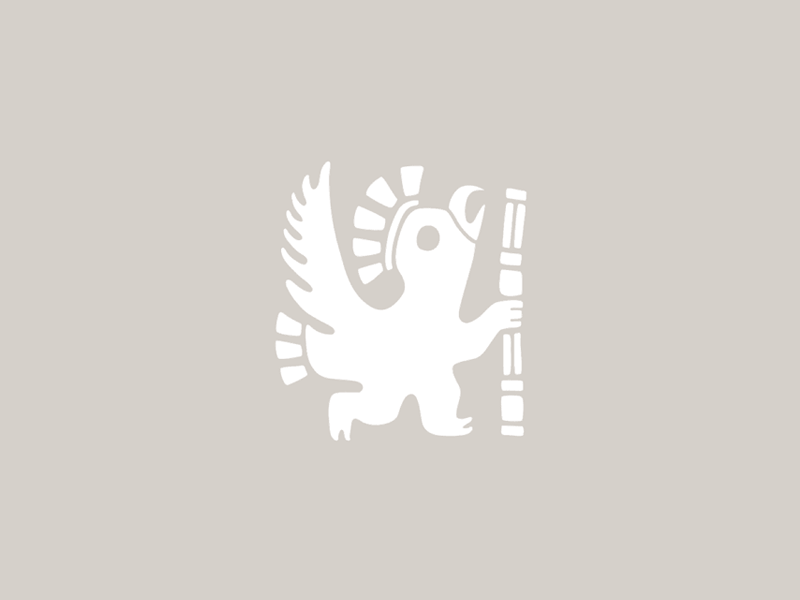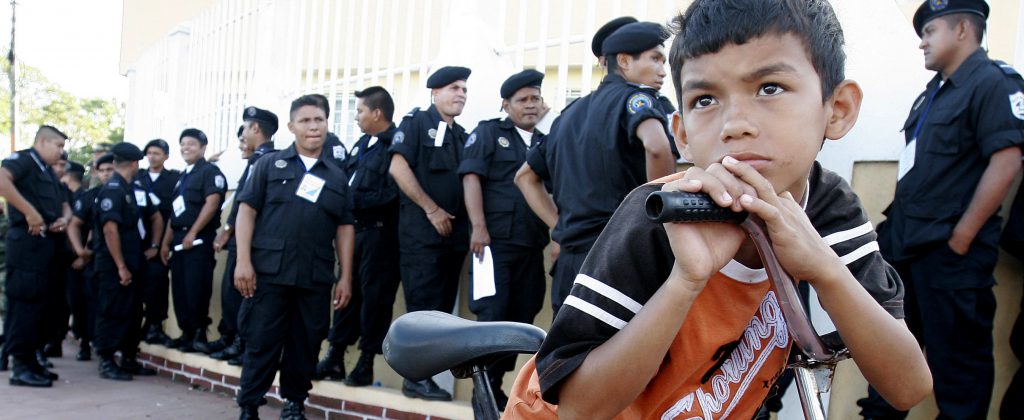
Systems Overload: Drug Laws and Prisons in Latin America
According to a new study, throughout Latin America non-violent drug offenders are being imprisoned, violating human rights and overloading the region’s prison system.
Displaying 97-107 results out of 107
Sort by
Layout

According to a new study, throughout Latin America non-violent drug offenders are being imprisoned, violating human rights and overloading the region’s prison system.

The report provides background on the distinction between police and military functions, and calls on the Obama Administration to stop encouraging other countries’ militaries to take on roles that would be illegal for the U.S. Armed Forces to carry out at home.

Waiting for Change documents the complexities and disappointments of the Obama Administration’s relations with Latin America in its first year. The report identifies an underlying trend toward greater militarization of U.S. foreign policy which spans Democratic and Republican administrations alike.

This report is in response to a request by TNI and WOLA to Mr. José Henrique Rodrigues, Judge of the Sixth Appellate Court of the High Court of Justice in Sao Paulo, Brazil, to put in writing the reasons for making a decision to overturn Brazilian case law in a case on possession of controlled substances

This report draws on interviews conducted by in-country experts with government officials, current and former police, representatives of international aid agencies, and civil society leaders in El Salvador, Guatemala, and Honduras.

This resource guide offers attorneys, immigrant activists, policymakers and human rights workers the facts they need to understand the complicated and nuanced phenomenon of gangs in Central America and gang-related asylum cases.

In a little-noticed but disturbing transformation, U.S. foreign policy decision-making is moving from the Department of State to the Department of Defense.

Throughout Latin America, organized crime is a serious and growing problem. Clandestine power groups are in part responsible for the surge in crime rates and, in some countries, have accumulated vast influence over government institutions.

A WOLA report addressing Central American youth gangs and related issues in human rights, effective policing, and prevention.

This special report examines the nature and the impact of illegal armed groups in post-conflict Guatemala, as well as the forces behind them. It describes how these “clandestine groups” are an unresolved legacy of Guatemala’s 36-year internal armed conflict and act at the behest of members of an interconnected set of powerful Guatemalans.

This series examines selected key aspects of police reform, drawing on lessons from Central America, the United States, and the world.

Subscribe with your email to receive exclusive reports and expert research directly to your inbox every week.
(Your privacy is important to us; your information will be kept confidential and secure.)